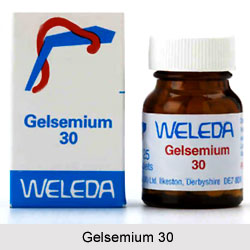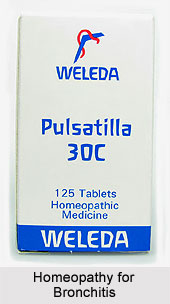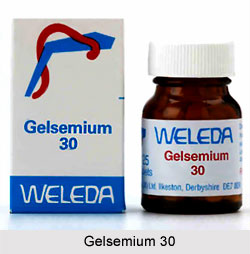 Paralysis is a medical condition where the patient loses the ability to move muscles completely. This condition results from damages in either the nervous system or spinal cord or muscles. Depending on the extent of damage, paralysis can either be permanent one or temporary. Similarly paralysis can affect either both the sides of human body or only one side. Localized paralysis affecting a small of group of muscles or nerves is also a common phenomenon.
Paralysis is a medical condition where the patient loses the ability to move muscles completely. This condition results from damages in either the nervous system or spinal cord or muscles. Depending on the extent of damage, paralysis can either be permanent one or temporary. Similarly paralysis can affect either both the sides of human body or only one side. Localized paralysis affecting a small of group of muscles or nerves is also a common phenomenon.
Aconite 30: Sudden attack of paralysis accompanied by extreme restlessness, anguish and fear, especially towards the late evening are the usual symptoms for using the medicine. The victim feels he is going to die and even predicts the time, the skin is dry and hot; there is unquenchable thirst for large quantities of cold water.
Belladonna 30: Sudden, right-sided paralysis with pain and burning of the affected parts. In a severe attack, there may be semi-consciousness or violent delirium.
Causticum 30: Paralysis of single parts e.g., face, a limb, vocal cords etc. usually of the right side can experience the paralytic attack. However, unlike Belladonna, the paralysis develops gradually. There is great rawness and soreness of the affected part with muscle-twitching.
Gelsemium 30: Gradual, wide-spread paralysis with trembling of the affected part. Other general features include dullness, drowsiness, dizziness, etc that require the use of the medicine Gelsemium 30.
Nux vomica 30: This medicine is useful when the Paralysis occurs especially of the lower limbs, forcing the patient to drag the feet while walking; involuntary, automatic motion of the right hand towards the mouth. Other general features include highly irritable nature, longing for stimulants, intolerance for cold weather/ air and frequent, ineffectual desire for stools and urine.
Opium 30: Opium 30 is useful medicine used in the case when painless paralysis with heavy, stupid sleep and stertorous breathing. There is involuntary twitching of muscles and jerking of limbs, obstinate constipation and hot perspiration over the whole body except lower limbs.
Phosphorus 30: Paralysis starts from the toes or fingers and then spreads onto the body; burning in the affected parts. Other general features include: an oversensitive nature, craving for cold foods and an inability to lie on the left side.
Plumbum met 30: Progressive paralysis, usually of single muscles or parts, extensor muscles of the limbs are more affected, so that the victim suffers from hand-drop or foot-drop. Other general features are excessive depression, ringing in the ears and distinct blue lines near gum-margins.




